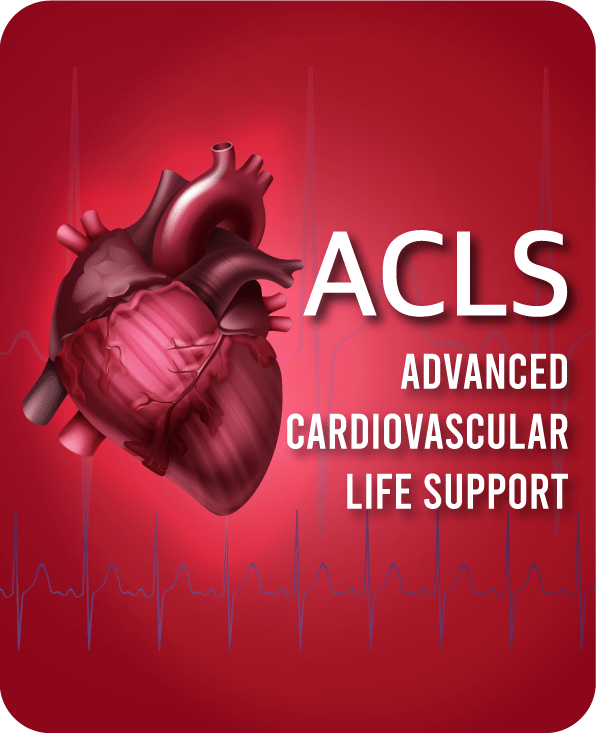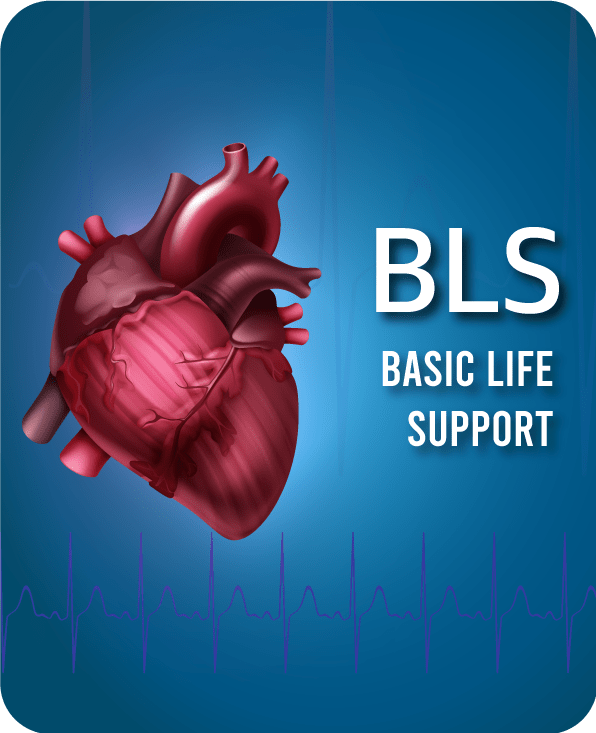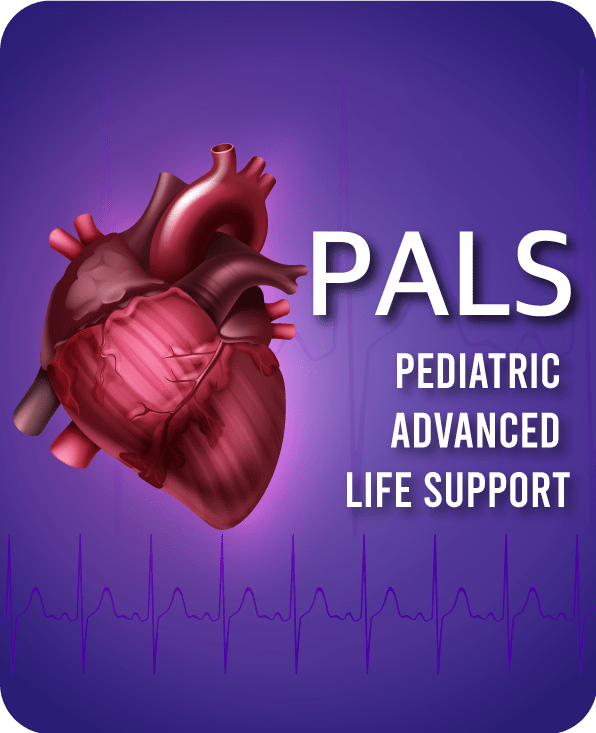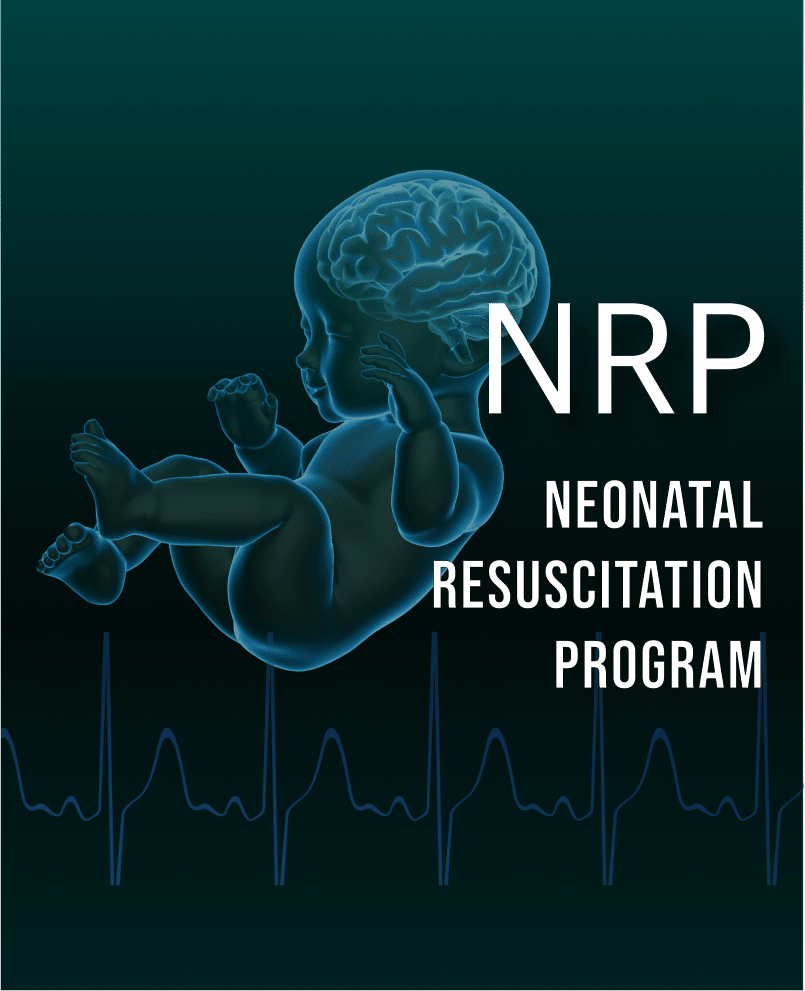Ultraprocessed foods (UPFs) are industrially manufactured products made with minimal whole food content, often using food-derived additives and substances. They are energy-dense and often lack. These foods are affordable and palatable, as they are replacing healthier and less processed options. UPFs are widely consumed in high-income countries. Consumption of these products has increased significantly in middle- and low-income countries over the past few decades. Many studies demonstrate that UPFs are associated with increased risk of cancers, heart disease, diabetes, and obesity. Some studies estimate the health impact of certain foods. These include sweetened beverages and processed vegetables, fruits, and meats. However, models that focus on UPFs are still new and developing.
A recent study published in the American Journal of Preventive Medicine aimed to determine the relationship between UPFs consumption and all-cause mortality through dose-response meta-analysis. Additionally, this study calculated the population attributable fractions (PAFs) as well as the total number of all-cause premature deaths attributable to UPFs consumption among adults aged 30 to 60 years from 8 countries with high (United States [US], United Kingdom [UK], Canada, and Australia), intermediate (Mexico and Chile) and low (Brazil and Colombia) consumption of UPFs.
Observational cohort studies (n = 7) that estimated UPFs consumption based on the Nova classification were included in this meta-analysis. Studies that defined UPF as an individual food product, such as sugar-sweetened drinks, were excluded. Pooled relative risk (RR) and its 95% confidence interval (CI) were calculated for all-cause mortality per 10% increase in the UPF consumption. PAFs of all-cause premature mortality were determined according to comparative risk assessment model analysis. For each country, the Global Burden of Disease Study provided data on premature deaths that took place in the same year as the national dietary survey.
This dose-response meta-analysis included a total of 239,982 individuals and 14,779 recorded deaths. The pooled RR for each 10% increase in UPF contribution to total energy intake was found to be 1.027 with 95% CI: 1.017–1.037 and p < 0.0001. Lower consumption of UPF was reported in Latin American countries. In low-income countries, UPFs accounted for less than 20% of total energy intake, whereas in intermediate-income countries, intake rose from 20% to 30%. In contrast, UPF intake was significantly higher in other countries, such as 37.5% in Australia, 43.7% in Canada, and >50% in both the US and UK.
Across 8 countries, PAFs varied according to average UPF consumption, ranging from 3.9% in Colombia to 14% in both the UK and the US. The absolute number of premature deaths per year attributable to UPF consumption varied from >2,000 in Chile to 124,000 in the US.
This study’s limitations include the small number of cohort studies, potential residual confounding, use of similar RR across demographic categories (age and sex), unaccounted time lags between dietary changes and mortality, and a small RR despite the significant health impact from high UPF consumption.
In conclusion, this study’s findings show that high consumption of UPFs is a serious public health issue, especially in intermediate- and high-income countries compared to low-income countries. These findings highlight the need to lower UPF intake by creating healthier environments through economic and regulatory policies. National dietary guidelines for the 21st century should consider how much and why foods are processed, along with growing evidence linking UPFs to poor health outcomes.
Reference: Nilson EAF, Delpino FM, Batis C, et al. Premature mortality attributable to ultraprocessed food consumption in 8 countries. Am J Prev Med. 2025. doi:10.1016/j.amepre.2025.02.018











